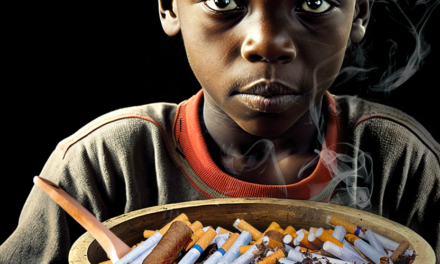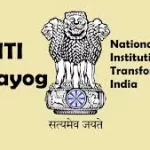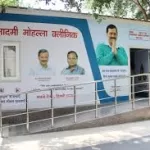Public health experts are pressing for immediate measures to curb tobacco-related illnesses that kill 1.35 million annually in India. They call for effective cessation tools, safer alternatives, and stringent regulations, particularly focusing on vulnerable youth.
Public health advocates on Thursday made an urgent plea for swift reforms to tackle tobacco-related illnesses, which claim the lives of nearly 1.35 million Indians each year. Speaking at the ‘Smoke-Free India’ campaign, these experts stressed the need for stricter regulations, improved cessation tools, and the exploration of safer alternatives to reduce the burden of tobacco use in the country.
India, the second-largest consumer and producer of tobacco in the world, faces a daunting public health challenge. According to the World Health Organization (WHO), tobacco use is a leading risk factor for chronic diseases such as cancer, cardiovascular disease, lung disease, and stroke. The easy availability of low-priced tobacco products exacerbates the problem, particularly in rural and underserved areas.
Data from the Global Adult Tobacco Survey (GATS) India reveals that nearly 267 million adults aged 15 years and above—around 29% of the adult population—use tobacco in some form. Smokeless tobacco products such as khaini, gutkha, betel quid with tobacco, and zarda are especially prevalent, with young adults aged 15 to 24 particularly vulnerable, accounting for 28% of regular tobacco users.
Addressing students at Sharda University, Dr. Rajat Sharma from the University College of Medical Sciences and GTB Hospital, highlighted the alarming impact of tobacco addiction, especially among youth. “Nicotine addiction is a chronic and relapsing brain disorder. The dependency it creates, especially among young adults, makes cessation extremely challenging,” Dr. Sharma explained. He advocated for a holistic approach to tackling nicotine addiction, combining education, policy reform, and community support.
Dr. Sharma also touched on the potential of novel alternatives, such as heated tobacco products, to serve as transitional tools for those struggling with addiction. However, he emphasized that these alternatives should be seen as a temporary step towards full cessation, not as a permanent solution.
Public health organizations echoed these sentiments, calling for greater investment in personalized cessation programs to engage India’s diverse population. “Tobacco use is a multifaceted issue, and one-size-fits-all solutions will not be effective. We need to create personalized, community-based programs that meet individuals where they are,” said Meenakshi Jha, Chief Convenor of the ‘Smoke-Free India’ campaign.
Jha emphasized the organization’s commitment to empowering individuals to quit through comprehensive support programs. She also called for stricter regulations on tobacco products, including higher taxes, clearer health warnings, and restrictions on marketing to young people.
“The tobacco epidemic in India demands coordinated action from government bodies, public health organizations, and individual citizens. By raising awareness, providing robust cessation services, and implementing stricter control measures, we can work towards a smoke-free future. The time to act is now before this silent killer claims more lives,” Jha concluded.
As India continues to grapple with the tobacco epidemic, the message from public health experts is clear: without urgent reforms, millions more will suffer the devastating health consequences of tobacco use. The challenge is formidable, but with concerted efforts across all levels of society, a healthier, smoke-free India is within reach.











